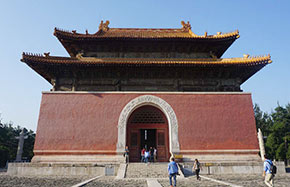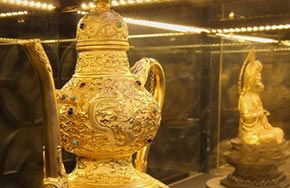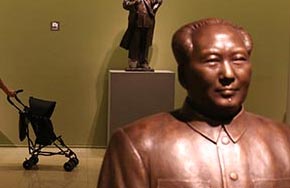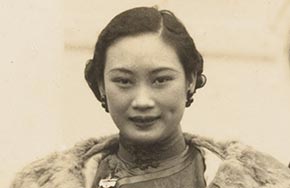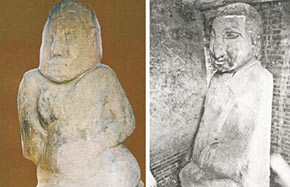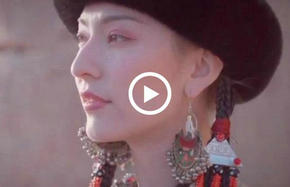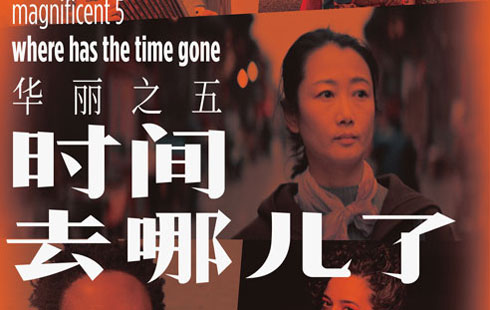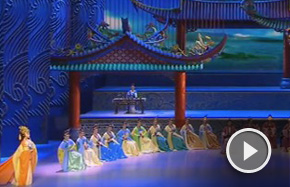Remembering an icon of change
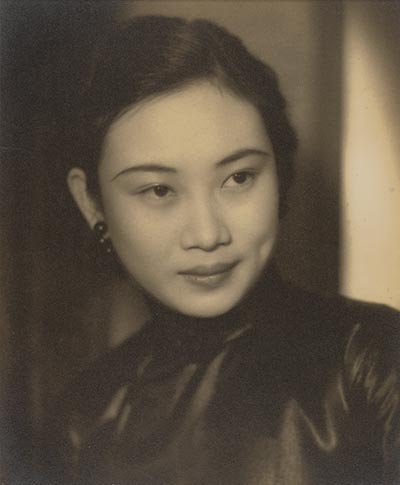 |
|
Hu Die [Photo provided to China Daily] |
The exhibition also features stills from some of Hu's best films, such as Twin Sisters (1934), for which she received critical acclaim for portraying a twin; and Rear Door, which won her the best actress award at the seventh Asian Film Festival in Tokyo in 1960.
The earliest photos include one dated 1917 when Hu moved to Guangdong following the transfer of her father, a railway general inspector.
Another one was taken in 1924 when her family moved back to Shanghai. Two years later, she played her first leading role in Autumn Stirs Resentments (Qiu Shan Yuan).
Still in her teens then, Hu had a demeanor of grace and decency.
She mostly depicted sensitive and serious roles.
Her acting talent was, however, not fully appreciated till she acted in China's first sound film, Sing-song Girl Red Peony, in 1931.
Silent-era film actors depended on dramatic movements and facial expressions, while Hu "acted naturally".
She didn't act emotionally and was therefore called "beauty with a poker face" by film studio employees, says Li Zhen, a historian at the China Film Art Research Center in Beijing.




